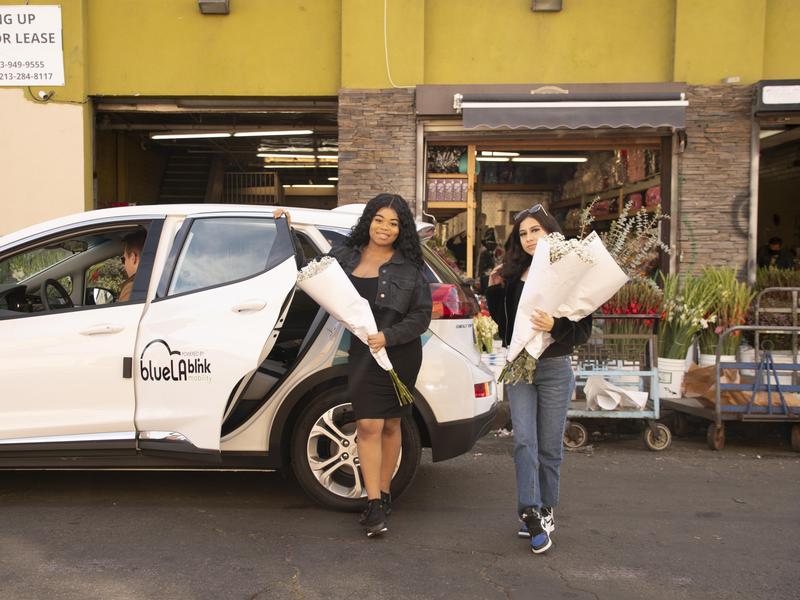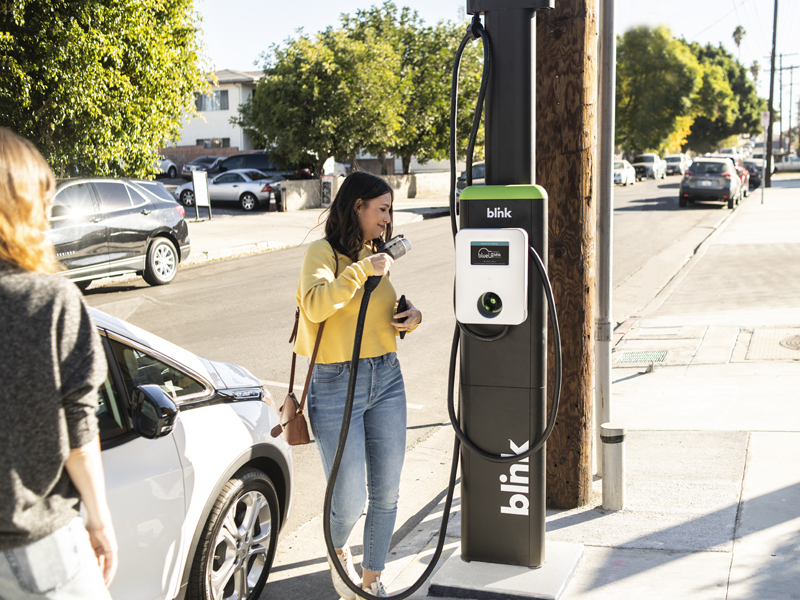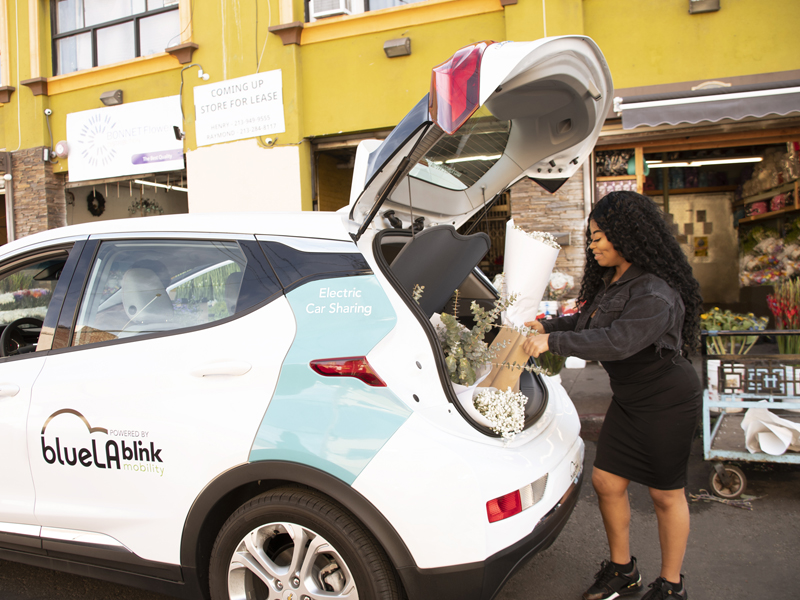We all know that EVs do not release tail-pipe emissions, and according to Energy Sage, emit less than half the Co2 into the air as a gas-powered vehicle. While it would seem there is no logical argument to be made suggesting EVs aren’t better for the environment than gas-powered vehicles, opponents of EVs often mention batteries.
Some suggest that the manufacture, waste products, use, and disposal of EV batteries is worse for the environment than any gas-powered vehicle could be. Do they have a point or are they misleading consumers?
What’s Inside Your EV Battery?
Batteries—all batteries, not just EV batteries–contain a mix of toxic chemicals and heavy metals, and if not handled properly, can poison soil and water. Because of their contents, these batteries cannot be left in landfills.
How Often Are They Replaced?
Unlike gas-powered vehicles, EV batteries don’t need to be replaced often- roughly every ten years, with little or no maintenance in between. Declining battery performance results in a car that can travel fewer and fewer miles without a charge, and it becomes obvious to drivers they need a new battery. Though after ten years, more drivers purchase a new car than a new battery. When it’s time to get a new battery, what happens to the old one?
According to How Stuff Work’s “Can Electric Batteries Be Recycled?”, for years, the few electric cars on the road were powered by lead-acid batteries; now, they are mostly powered by lithium-ion batteries, the same kind used by laptops and phones. Luckily, both can be recycled and reused successfully.
10 Years
Estimated Life-Cycle of an EV battery
What Companies Recycle EV Batteries?
According to Fleetcarma, Li-Cycle in Canada is able to extract 100% of lithium from lithium-ion batteries. In the United States, California’s Redwood Materials and Retriev Technologies recycles materials from old batteries, and Oregon’s OnTo Technologies is on the cutting edge of brand new technologies for retrieving useful materials out of EV batteries to make potential hazardous waste into another sustainable choice.
Could “Dead” EV Batteries Actually Be Good for the Environment?
When a battery is deemed “too spent” for use in an EV, 70% of its charge may be left.
While no EV driver wants to create waste, it’s important to remember that no product can ever be made without some amount of waste, it’s physically impossible. The answer to getting rid of EV waste is the same as the answer to any waste, such piles of plastic and glass bottles—recycling.
Since a “dead” EV battery could still have 70% power left, there’s a lot of potential power out there in old EV batteries. Could that power be captured and used to take some stress off the electrical grid? Definitely.
In Japan, Nissan EV battery contents are being reused to power streetlights, while in Paris, Renault batteries are backing up elevators. In Australia, Aceleron recycles batteries are used in electricity storage, solar energy storage, and electric bicycles. At GM in Michigan, old Chevy Volt batteries even power its data center!
Are EVs Really Better for the Environment?
Of course they are! EVs are designed not to release tail-pipe emissions, to keep greenhouse gases out of the atmosphere to reduce smog and damage to the ozone. But exceptional machines are not the only reason EVs are good for the environment. The exceptional people who manufacture EVs, EVSE, and pursue green transportation treat the waste created by their products the same as the waste in their homes—it is recycled, reused, and recreated into something new, into another sustainable choice to drive us forward.
Recommend for You
Stay Informed
Join our mailing list for hot news and company updates.







